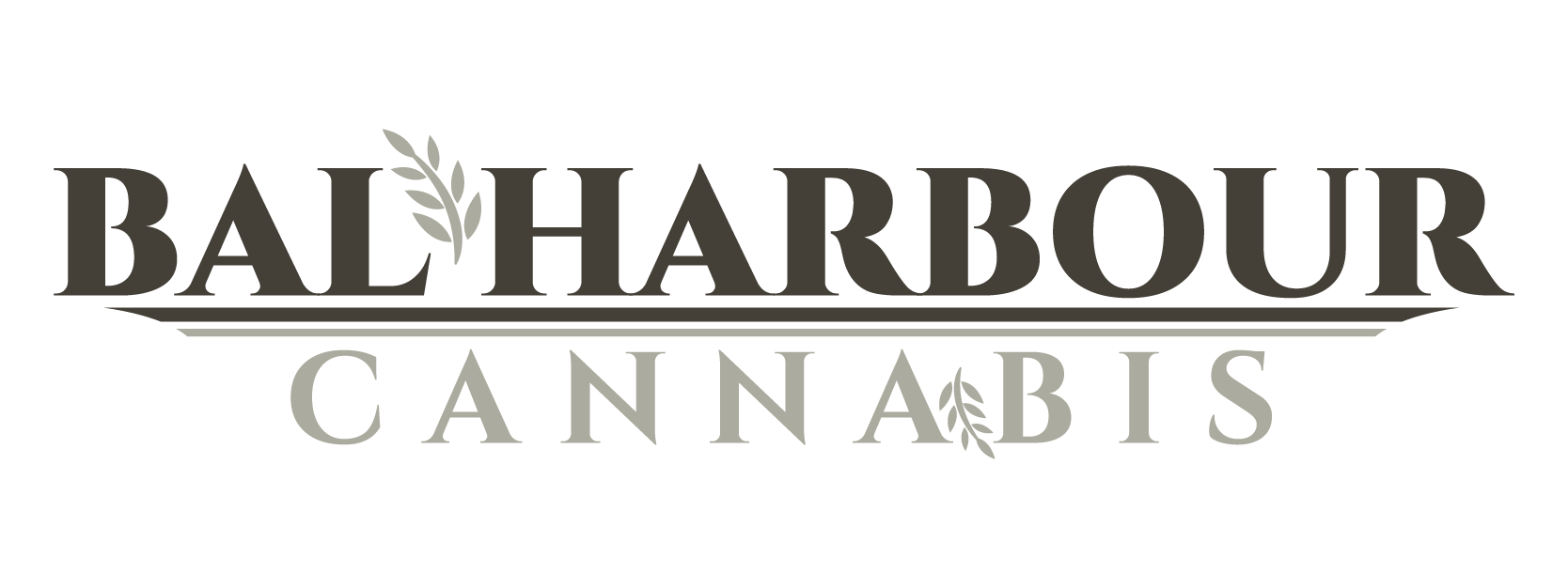As cannabis products continue to diversify, a new player is rising in popularity: Delta-8 THC. Often marketed as a legal alternative to Delta-9 THC, the psychoactive compound in marijuana, Delta-8 is making waves in the hemp industry. But with its growing availability comes increasing legal scrutiny, as regulators, producers, and consumers navigate the gray area between hemp and marijuana laws.
What is Delta-8?
Delta-8 THC is a cannabinoid found in small amounts in cannabis plants, but most of the Delta-8 products on the market are derived from hemp. This is where the product’s legality becomes murky. The 2018 Farm Bill legalized hemp and its derivatives, provided they contain less than 0.3% Delta-9 THC. Since Delta-8 can be synthesized from CBD extracted from hemp, it has found a legal loophole to thrive, even in states where marijuana remains illegal.
The Market Boom
In recent years, Delta-8 products—from vape cartridges to edibles—have exploded onto the scene. Marketed as a less potent, more manageable alternative to traditional marijuana, it appeals to users seeking a mild psychoactive experience without the intensity of Delta-9 THC. Retailers across the U.S., both online and in physical stores, are capitalizing on Delta-8’s ambiguous legal status, offering it in places where Delta-9 marijuana is either heavily restricted or illegal.
A key driver of Delta-8’s success is accessibility. For consumers in states without medical or recreational marijuana programs, Delta-8 presents an opportunity to experience THC legally. Sales of Delta-8 surged in 2023, with industry analysts predicting further growth as more companies enter the market.
Legal Challenges and Regulatory Ambiguity
While Delta-8’s legality may seem straightforward under the hemp provisions of the 2018 Farm Bill, regulators are grappling with its unintended consequences. Several states have already taken action, moving to ban or restrict Delta-8 products over concerns about safety, lack of regulation, and the potential for abuse. As of 2024, over a dozen states, including New York and Colorado, have enacted laws either limiting or outright banning the sale of Delta-8 products.
One of the biggest challenges lies in regulating the production process. Since Delta-8 is typically synthesized from CBD, some argue that it skirts around natural cannabinoid extraction methods. In response, the U.S. Drug Enforcement Administration (DEA) issued a statement in 2020, suggesting that synthetically derived THC, including Delta-8, may be considered illegal under the Federal Analog Act. However, enforcement has been inconsistent, leaving many businesses in a legal limbo.
Another layer of complexity involves consumer safety. Delta-8 products are often sold in unregulated markets, meaning quality control can vary widely. Some reports have emerged of products containing harmful additives or higher levels of Delta-9 THC than advertised, raising red flags for health advocates and lawmakers.
Hemp vs. Delta-9 Marijuana: The Legal Divide
The core of the legal battle between Delta-8 and traditional Delta-9 marijuana lies in how each product is classified under federal law. While marijuana remains a Schedule I controlled substance, hemp and its derivatives, including CBD, were made federally legal under the 2018 Farm Bill—provided they contain no more than 0.3% Delta-9 THC.
This discrepancy has fueled the rise of Delta-8, which many see as a loophole. Advocates for Delta-8 argue that it’s fundamentally different from Delta-9 in its effects, producing a more subtle, less anxiety-inducing high. Critics, however, maintain that the synthetic creation of Delta-8 from hemp-derived CBD makes it legally questionable, especially as it can produce psychoactive effects similar to marijuana.
What’s Next for Delta-8?
With both the hemp and marijuana industries watching closely, the future of Delta-8 remains uncertain. As federal agencies like the FDA and DEA wrestle with how to regulate these products, state governments are increasingly stepping in to fill the gap. Meanwhile, companies are pushing for clearer guidelines, hoping to avoid the fate of the unregulated markets that preceded them.
For now, Delta-8 continues to thrive, fueled by demand for legal THC alternatives and a rapidly expanding market. But as legal battles and regulatory challenges mount, its future could depend on whether lawmakers choose to embrace it as part of the broader cannabis conversation—or crack down on it as an unintended consequence of hemp legalization.
